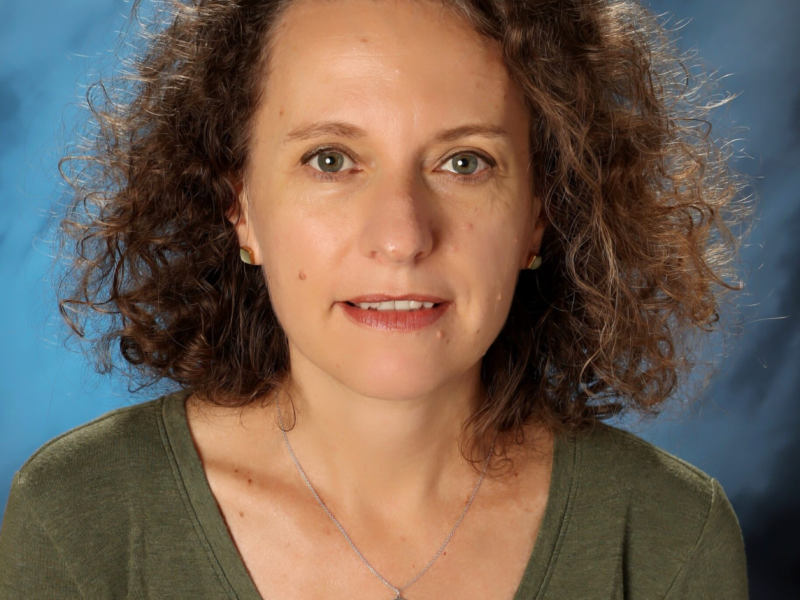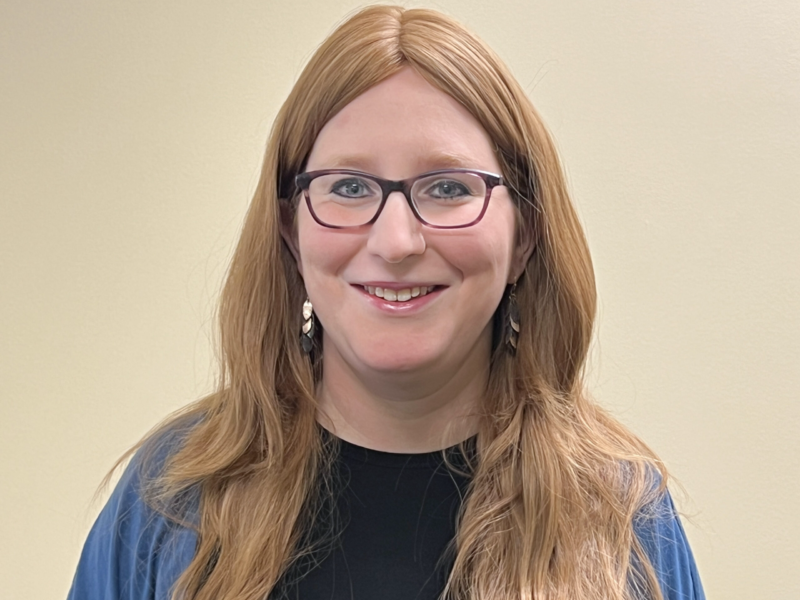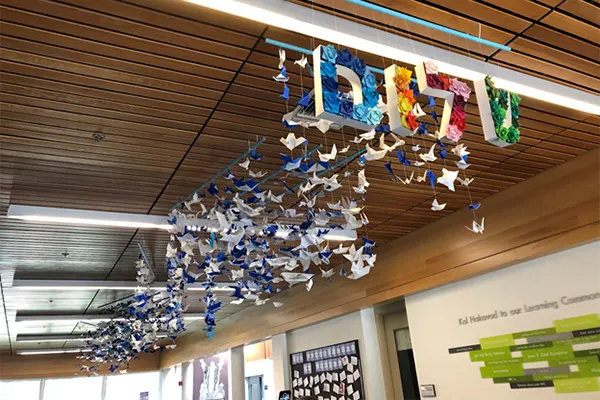Poet and counselor Willa Schneberg knew her journey to Cambodia as a United Nations elections supervisor for that country’s first free elections in 1993 would be a momentous era in her life, so she decided to seek inspiration from “a true feminist.” Before she boarded the plane for Cambodia, she interviewed her mother, Esther Schneberg, asking her about her own rich life and what she considered to be her greatest achievements.
Portions of that taped interview will be part of “The Books of Esther” exhibit that opens at the Oregon Jewish Museum Sept. 12. The exhibit focuses on Esther’s life and her writings after physically losing her voice to laryngeal cancer. For the last year and a half of life, Esther constantly had notebooks on hand to write everything she previously would have spoken. Some pages are simply Esther’s half of a conversation, while others are her reflections on life and the wars in Iraq and Afghanistan that began near the end of her life.
The exhibit will feature Esther’s notebooks side by side with “ghost books” of ceramic created by Willa. Fifteen clay clipboards will share “Esther’s Words of Wisdom.” Willa said she chose the clipboard motif to reflect the decades her mother spent as a high school teacher and guidance counselor.
Born in 1920, Esther was a first-generation American who spoke only Yiddish until she started school. Yet as an early feminist who was unwilling to sit separately in the shuls of her day, Esther learned little about her Judaism. She often called Willa her rebbetzin, since her daughter was more involved and more knowledgeable about Jewish religion.
“She might have found Judaism more inviting to her today,” said Willa.
In other areas of learning, Esther excelled.
“She was proud of her academic achievements (she earned a Regents Scholarship to pay her college expenses) and the fact that she waited to get married until she found the right person” at age 27, which was considered old in that era. “She was proud of her work as a guidance counselor at an inner-city high school known as a war zone,” Willa continued. There, Esther helped many “kids of color who didn’t have traditional ways to show their abilities” get into Ivy League schools.
Both Willa’s parents attended New York City’s Thomas Jefferson High School, where Esther went on to work and where Willa also attended high school. In her parents’ era, the school was predominantly immigrant Italian and Jewish children, but by the time Willa attended she said only 5% of the students were white Jewish kids.
It was in high school that Willa first explored both ceramics and poetry. Encouraged by her high school English teacher and her mother, Willa has followed those passions throughout her life. She has gained renown for her artistic endeavors including several solo shows for her ceramics; a 2002 Oregon Book Award in Poetry for her second poetry collection, In The Margins of The World; and two Oregon Literary Arts Fellowships in poetry.
Her last show at the Oregon Jewish Museum, which opened in September 2001, was the last event ever attended by Esther, who died one month later.
Of her upcoming show, Willa says, “She directed this show. I have this archive handed to me; I have to use it.” She uses all of her arts – ceramics, poetry and photography – to chronicle her mother’s life and wisdom. A letterpress chapbook (small typeset, limited-edition book) of five or six poems about her mother will be available in the museum gift shop in conjunction with the exhibit. The poems are drawn from a larger collection about her parents, A Good Time to Die, for which she currently is seeking a publisher.
Also in conjunction with the exhibit, Willa will lead a workshop on writing about Jewish mothers. A reading of poems about her own mother will include time for workshop participants to share their works (see box). On Oct. 30 she will emcee the museum’s 13th annual Oregon Jewish Writers’ Reading, which she pioneered.
A clinical social worker in private practice, Willa also used that expertise in Cambodia when one of her fellow U.N. workers was murdered in an act initially thought to be the work of the Khmer Rouge. Other workers were traumatized both by the loss of a friend and fear of more killings. The murderer turned out to be a disgruntled applicant upset he did not get an elections job, but Willa spent time counseling co-workers and acting as a liaison with the slain worker’s family.
“After the magnitude of my Cambodian experience, I no longer wanted to live in the East Coast,” says Willa, who had lived in Boston for 15 years. “I wanted to move across the country and live near the Pacific Ocean in a smaller city that was as progressive and cultural as Boston.”
__________________________________
- Oregon Jewish Museum
EXHIBIT: The Books of Esther
Sept. 12 – Nov. 25, 2012
An interdisciplinary exhibition by Willa Schneberg about the life of one woman who “talked” through writing.
WORKSHOP: Writing the Jewish Mother
2-5 pm, Nov. 4
The Jewish mother has been exalted, maligned and ridiculed. In this workshop, go beyond stereotypes to write poetry and prose about the lives of Jewish mothers.
READING: At 7:30 pm, Nov. 13, Willa will read poems about her Jewish mother and invite workshop participants to read their pieces as well.
Oregon Jewish Museum, 503-226-3600
1953 NW Kearney, Portland





